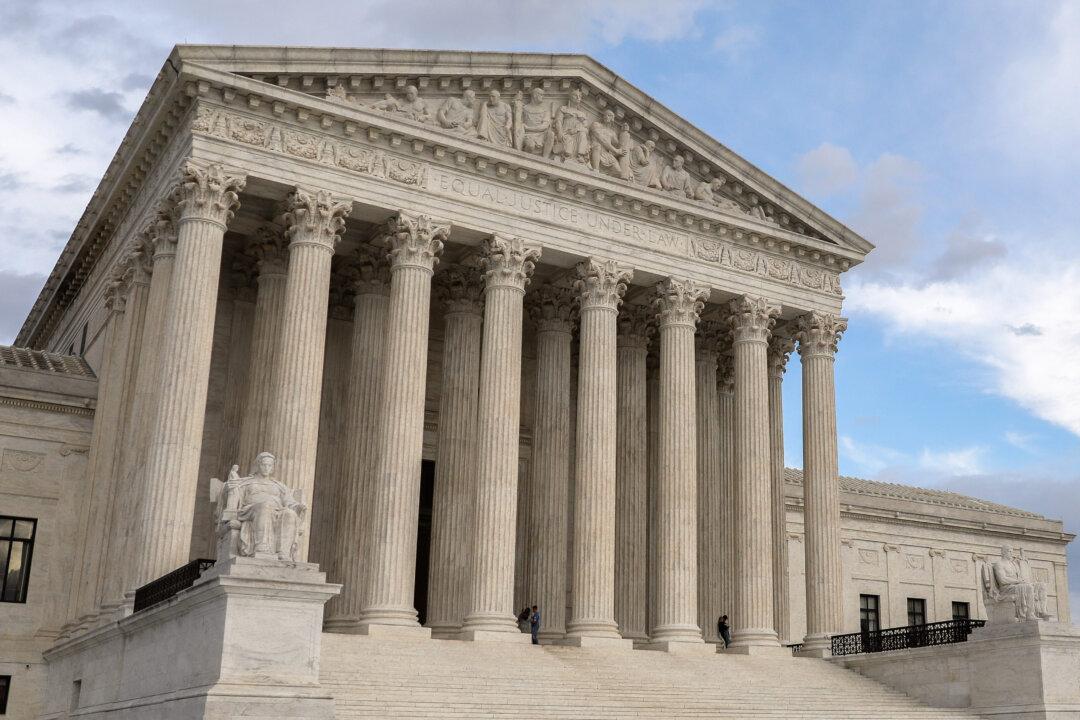The Supreme Court turned aside a California church’s request to lift a lockdown measure that capped attendance at in-person religious services.
The court on May 29 was sharply divided in their decision, with Chief Justice John Roberts joining the liberal justices in a 5–4 ruling that rejected South Bay United Pentecostal Church’s plea for injunctive relief from Gov. Gavin Newsom’s order that puts restrictions on public gatherings, including in-person services.




